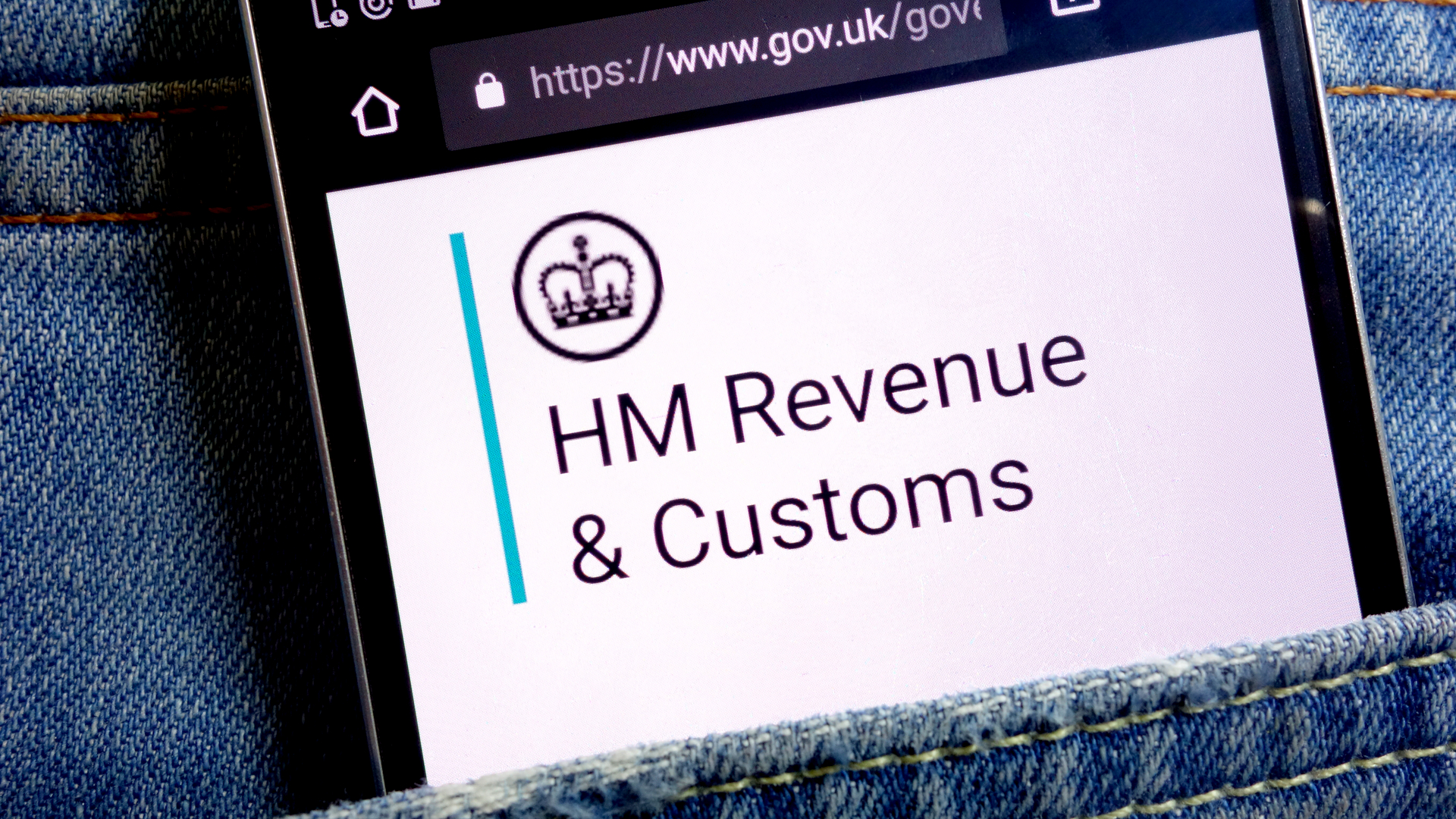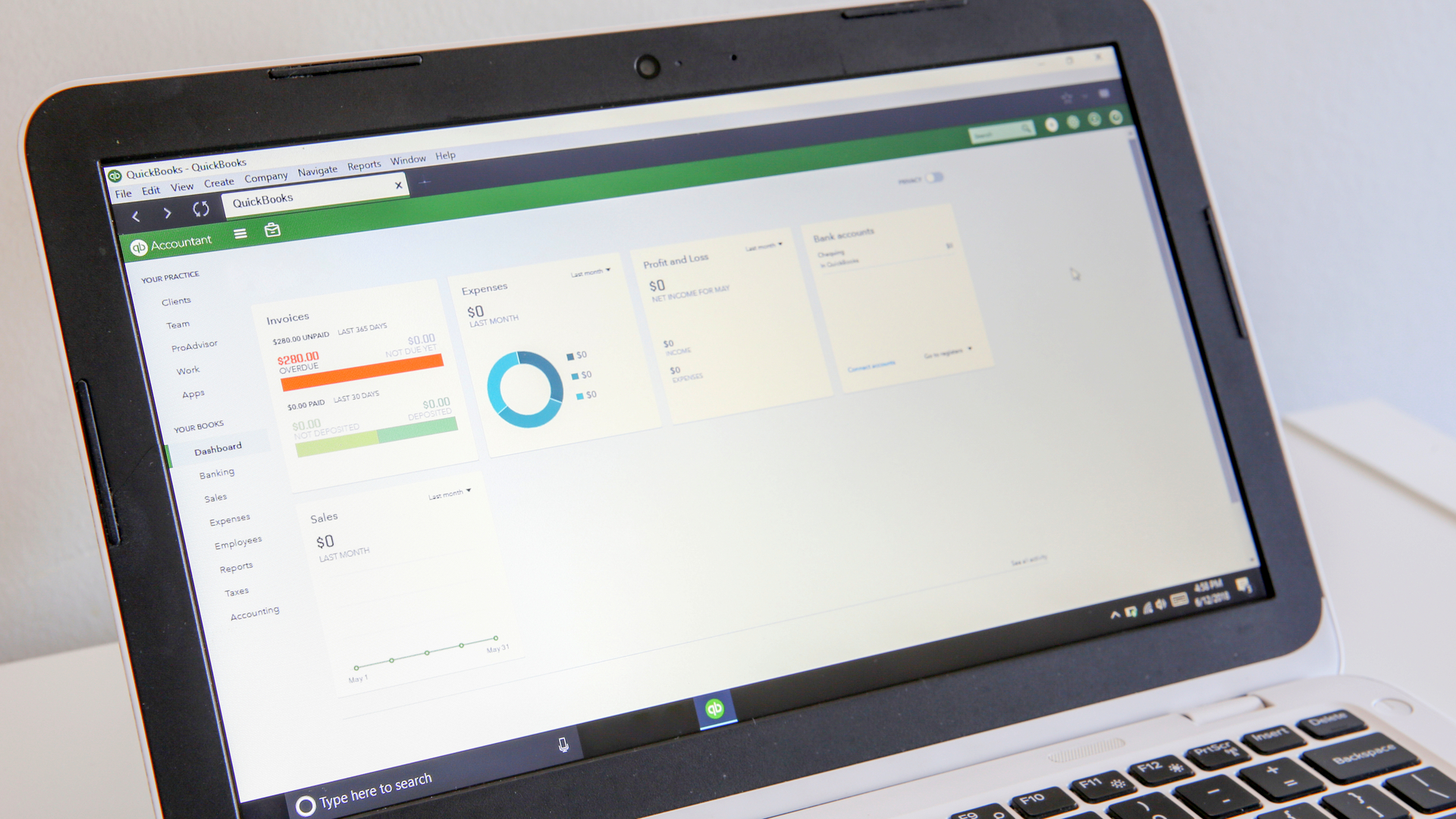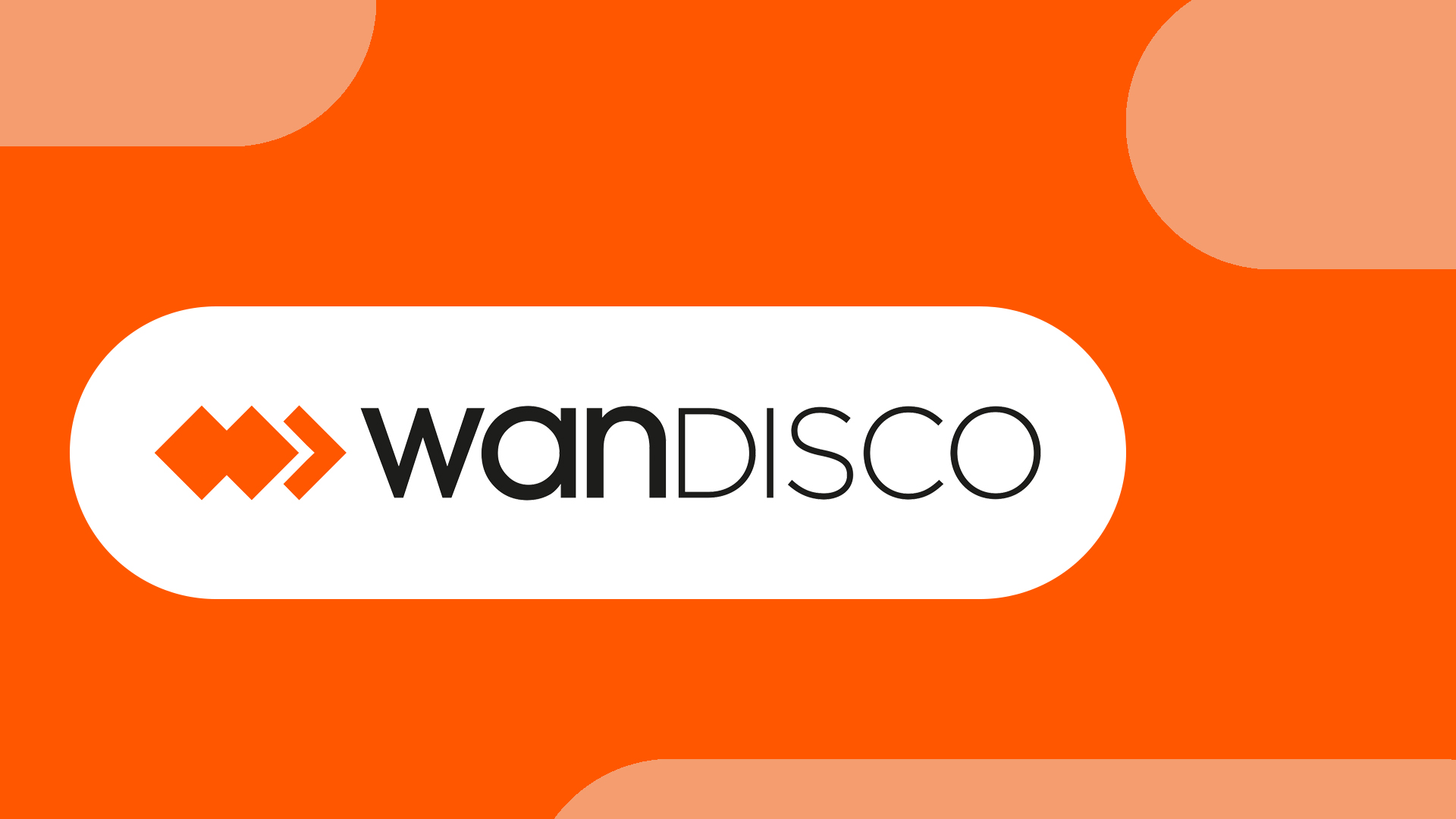What is Making Tax Digital and how does it affect your business?
Now that MTD is here, we assess whether the government is doing enough to help businesses adjust to the new rules


As part of the government's move to digitise critical business services, the new Making Tax Digital (MTD) programme aims to modernise the way businesses submit their tax records.
If your business is VAT registered, you are now required to set up a way of electronically submitting your VAT return to HMRC, on a quarterly basis rather than annually.
The ambition is to move all tax filing, including VAT, Corporation Tax and Self-Assessment, to electronic systems by early 2020. If your business is already VAT registered, or you are about to move over the threshold for registration (this is currently 85,000), you need to start taking practical action today to avoid sanctions - currently assessed based on a points system.
But as the government welcomed in the new changes, which came into force on 1 April 2019, a string of stories have highlighted the scale of the challenge facing the UK industry.
The government says more than 100,000 businesses have already signed up to the new MTD service, with more than 4,000 organisations joining every day. But this represents just a small fraction of all UK businesses.
Meanwhile, with slow uptake since the trial opened in April last year, the Labour Party had previously called for MTD to be delayed. In February, the opposition accused the government of inadequately handling the transition to the detriment of UK businesses. But the government has pressed ahead with its plans, which the Treasury says can help to close the UK's tax gap to the tune of 1.2 billion by 2023/24.
With MTD now in force, what do the changes mean for UK organisations, and how can businesses navigate this new landscape?
Get the ITPro daily newsletter
Sign up today and you will receive a free copy of our Future Focus 2025 report - the leading guidance on AI, cybersecurity and other IT challenges as per 700+ senior executives
Making the move to digital

Companies will soon be forced to abandon paper-based accounting
Whichever application your business chooses, platforms for managing submissions must be compatible with the application program interface (API) that HMRC is using. Although there will be what the government is calling a 'soft landing', where more time will be allowed to set up accounting systems with the government's API, systems need to be up and running within the first year - i.e. no later than 1 April 2020.
More information about this period, and which business may be exempt, is contained in Notice 700/22, published by HMRC.
Depending on how your company organises its accounts and tax filing at the moment, the technical challenge may also be substantial.
What is clear, however, is that you can't ignore MTD. The sooner your business assesses its current systems, how they need to change and what services could offer a workable solution, the better prepared your enterprise will be.
Given the deadline for MTD VAT has now passed, it can be easy for businesses to fall into the trap of picking a new accounting application or attempting to use the bridging applications that purport to offer an easy solution for spreadsheet users. Taking a breath to understand your precise needs and the cost implications is vital.
"One of the main issues will be that in many cases businesses will have to change their processes to support MTD," Russell Cook, managing director, Sire Technology explains to IT Pro. "This could be a moving their data to another spreadsheet to use the bridging applications or adopting one of the cloud-based accounting applications. What is clear is that all businesses will have to do something to get their records into a state that can use the uploading API."
The clear message behind MTD is that you may have to make what could be profound changes to how you organise your accounting and tax records. Businesses that currently use manual systems or applications that are not flexible enough to accommodate the needs of the API to upload will be the most affected by these changes to how they communicate with HMRC.
The end of the shoebox

Many companies are still using basic spreadsheets
For many businesses, MTD means a fundamental change in their accounting processes. The use of so-called 'shoebox accounting' or simple spreadsheets to record income and outgoings are still common. Indeed, a survey from the UK200Group found 16% of small businesses still use this method of bookkeeping, with 23% using paper-based manual records, 27% using spreadsheets, with only 35% using software.
"Businesses using software are almost there, and the only major difference will be quarterly, rather than annual, reporting," explains Richard McNeilly, managing partner at Dains LLP. "Those using spreadsheets will need to upgrade their systems, but [they will] already have experience with computer input. Even if a business is still keeping manual records, that experience of record-keeping will be transferrable, although digitalisation may cause some pain."
HMRC initially promised to offer free software to connect spreadsheets used by micro enterprises with turnovers of less than 10,000, however, such a platform has yet to materialise. Instead, the market has begun to be filled with vendors offering bridging applications that purport to connect standard spreadsheets to MTD via its API.
The issue is that business will still need to re-key their accounting data into specific workbooks for these applications to work reliably. Whether smaller business will be able to afford these additional costs remains to be seen.
Research by the Institute of Chartered Accountants in England and Wales (ICAEW) revealed that 75% of businesses across the UK do not currently maintain their accounts electronically using accounting software.
Paul Aplin, president of ICAEW, says that while the group supports the digital ambition of HMRC, businesses should not be forced to move to the new service.
"Businesses should be able to move to the new system over time when they are ready," argues Aplin. "The government claims that these proposals will contribute to reducing business tax compliance costs by 400 million, but we fear that many small businesses will, in fact, face additional costs when digital record keeping is made mandatory."
What's important is that these additional costs could be manifold. Significantly, many businesses will be forced to purchase new digital accounting applications that comply with the HMRC API. However, others may need to also access one of the many cloud-based accounting services available, and may also face additional expenses from their accountancy provider to set-up and maintain the electronic links needed to comply with MTD.
A clear technical challenge for many businesses has come into focus. Firms that may have paper-based legacy systems in use for decades are undoubtedly the most affected.
Digital accounting

Accounting software firms stand to benefit the most from a forced digital system
Cynics would argue that the only winners in the new digital accounting environment are the tax and accounting software and services vendors. Certainly, they have been decisive in developing their systems in readiness for the first wave of MTD that has just come into force.
"Software vendors and accountancy firms have been proactive in raising awareness and educating taxpayers about MTD, running email, radio and advertising campaigns with webinars and roadshows to provide a venue for education, discussion and showcasing solutions," says Jane Malkin, European head of tax development for Tax Computer Systems. "One would hope that all this effort is paying off and that the use of technology for record keeping is increasing."
The Economic Affairs Committee of the House of Lords has even questioned the reasoning behind forcing companies to comply with a new system without offering a free means to do so.
"The software industry is, unsurprisingly, responding to the commercial opportunity of Making Tax Digital for VAT," says a spokesperson for the committee. "We have seen no evidence that any free software products will be offered. We question the logic of requiring taxpayers to spend additional money to pay their tax. Since a free option has not emerged from the software industry, the government should consider again the case for providing a basic, free software option."
Mark Taylor, technical manager of technical innovation at ICAEW highlights that, given market saturation, there are plenty of free trials available for businesses looking to experiment, but an effective strategy needs to be in place if they take this route.
"Today's software market is highly competitive. As a result, software vendors are keen to ensure that prospective customers find it is easy to use from the outset," says Taylor. "Often, software vendors provide trial versions of their applications for free. By taking advantage of these offers, a business can discover some of the pitfalls associated with this using them.
"The key to making successful use of these trials is to use them with realistic data and in a representative manner," he adds. "Casually playing with an application will not provide sufficient insight as to how well it will integrate into your business."
In part two of this series, we will consider the current accounting software landscape and whether using these services will satisfy the needs of MTD and what advantages your business can expect.

Keumars Afifi-Sabet is a writer and editor that specialises in public sector, cyber security, and cloud computing. He first joined ITPro as a staff writer in April 2018 and eventually became its Features Editor. Although a regular contributor to other tech sites in the past, these days you will find Keumars on LiveScience, where he runs its Technology section.
-
 How to empower employees to accelerate emissions reduction
How to empower employees to accelerate emissions reductionin depth With ICT accounting for as much as 3% of global carbon emissions, the same as aviation, the industry needs to increase emissions reduction
By Fleur Doidge
-
 Worldwide IT spending to grow 4.3% in 2023, with no significant AI impact
Worldwide IT spending to grow 4.3% in 2023, with no significant AI impactNews Spending patterns have changed as companies take an inward focus
By Rory Bathgate
-
 Report: Female tech workers disproportionately affected by industry layoffs
Report: Female tech workers disproportionately affected by industry layoffsNews Layoffs continue to strike companies throughout the tech industry, with data showing females in both the UK and US are bearing the brunt of them more so than males
By Ross Kelly
-
 How can small businesses cope with inflation?
How can small businesses cope with inflation?Tutorial With high inflation increasing the cost of doing business, how can small businesses weather the storm?
By Sandra Vogel
-
 How to deal with inflation while undergoing digital transformation
How to deal with inflation while undergoing digital transformationIn-depth How can organizations stave off inflation while attempting to grow by digitally transforming their businesses?
By Sandra Vogel
-
 How businesses can use technology to fight inflation
How businesses can use technology to fight inflationTUTORIAL While technology can’t provide all the answers to fight rising inflation, it can help ease the pain on businesses in the long term
By Sandra Vogel
-
 Embattled WANdisco to cut 30% of workforce amid fraud scandal
Embattled WANdisco to cut 30% of workforce amid fraud scandalNews The layoffs follow the shock resignation of the company’s CEO and CFO in early April
By Ross Kelly
-
 Some Tech Nation programs could continue after Founders Forum acquisition
Some Tech Nation programs could continue after Founders Forum acquisitionNews The acquisition brings to a close a months-long saga over what the future holds for Tech Nation initiatives
By Ross Kelly

